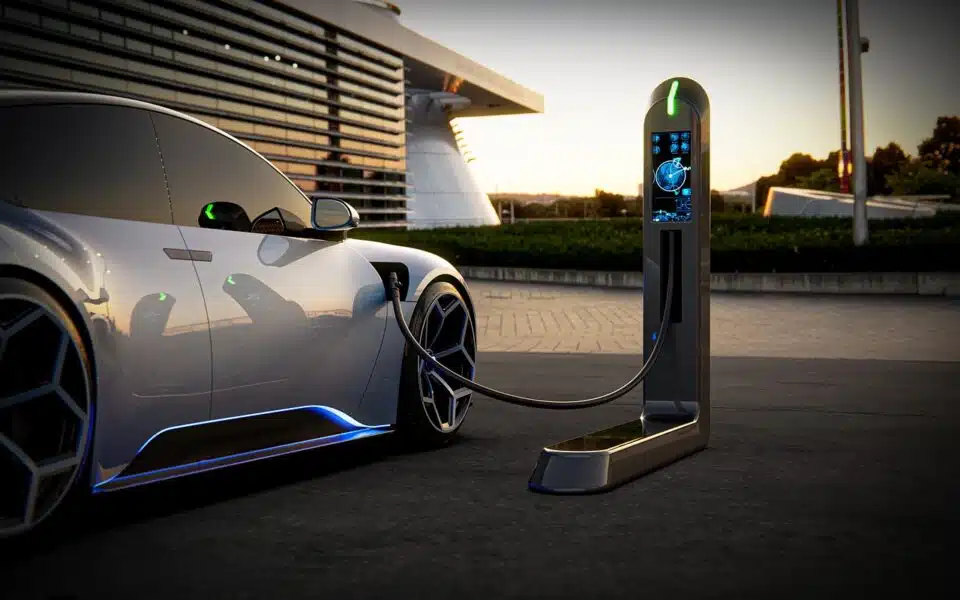KUALA LUMPUR, Sept 27 — As the government is ramping up green initiatives in the automotive industry, the Malaysian Automotive Association (MAA) is proposing incentives under the Budget 2024 to be given to all types of electrified vehicle (xEV) rather than just electric vehicle (EV), in order to popularise xEV in Malaysia.
President Mohd Shamsor Mohd Zain said the term xEV includes hybrid electric vehicle (HEV), plug-in hybrid electric vehicle (PHEV), battery electric vehicle (BEV), and fuel cell electric vehicle (FCEV).
“A step-by-step approach starting from HEV is the most ideal way to phase out the existing conventional internal combustion engine vehicles.
“HEV is the first step towards mass usage of electrified vehicles,” he told Bernama.
Malaysia is targeting to have 15 per cent of the total industry volume (TIV) for xEV by 2030 and 38 per cent of TIV by 2040.
To support EV penetration, the government announced that EVs in the country would not be subject to road tax until Dec 31, 2025.
Mohd Shamsor said MAA hoped that the existing incentives of a rebate of RM2,500 and road tax waiver to be extended further to the purchase of all xEVs for both passenger and commercial vehicles.
As for the new incentives, the association proposed that a personal income tax relief should be given for the purchase of xEV and installation of solar panels at home, he said.
“The latter will support the energy mix of the government in which renewable energy will form 17 per cent of total energy source by 2040,” he reckoned.
In order to accelerate the xEV market in Malaysia, he said MAA strongly believed that the targeted fuel subsidy scheme would be one of the most important key success factors.
On other development, Mohd Shamsor said MAA appreciated the government’s initiative to extend the two-year import duty and excise duty exemption for completely built-up (CBU) BEV units until 2025 and completely knocked-down (CKD) BEV units until 2027, as announced in Budget 2023.
Nevertheless, MAA opined that the duration of incentives given to businesses is rather short, he said.
“The tenure of incentives given to automotive companies should be on a long-term basis, and we encourage consultations with stakeholders and MAA on the most suitable incentive tenure.
“This will enable both the local distributors and their overseas principal to study, prepare and draw up comprehensive long-term investment plans for the Malaysian market,” he proposed.
Moreover, Mohd Shamsor said the automotive industry is very capital-intensive, whereby business plans are usually very long-term in nature.
He said most vehicle models have a minimum life span of five to seven years before new models are introduced into the market.
“Short-term and/or ad hoc policies make it difficult for companies to draw up plans to evaluate business feasibility, especially in introducing newer technologies and more high-tech (technology) vehicle models into the local market.
“It also may not help to build greater confidence among foreign investors,” he added.
Budget 2024 will be tabled by Prime Minister and Finance Minister Datuk Seri Anwar Ibrahim on Oct 13.
– Bernama





